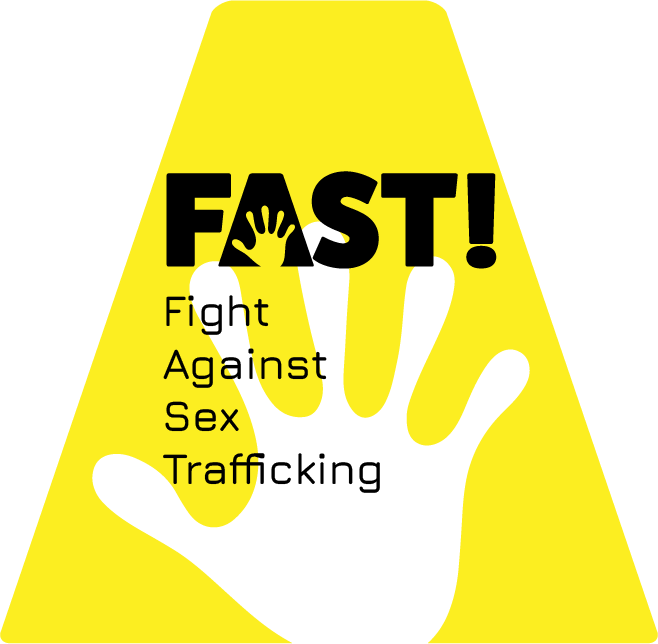An unfortunate choice of words. It’s an open secret that the United Arab Emirates have established themselves as a global hub for sex trafficking. No Emirati or international authorities are doing anything relevant to end this nightmare. In spite of numerous media reports (see one example here).
Each year, tens of thousands of women and girls from around the world are sexually trafficked and exploited in the UAE. With this, the Emirates are becoming a major destination for so-called sex tourism.
There is a difference between the UAE and other sex tourism destination countries like Thailand or Brazil. In the Emirates’ case, it’s the foreign female population that is being exploited. Women and girls from Eastern Europe, Southeast Asia, or Africa are being brought to the UAE. The specific purpose is to force women into prostitution for the benefit of the business class residing in the Emirates. Tourists and members of the local elite are other beneficiaries.
The “luxury escort” you may see in a five-star hotel in Dubai or Abu Dhabi may look luxurious. But in reality she has little or no control over her choices, her body, or her whereabouts. She is owned and being exploited as mere merchandise. And the lives of less “luxurious” prostitutes are even worse.
The decision to become a major sex trafficking hub and sex tourism destination requires political will. Just like the decision to become a major producer of microchips or a tax heaven. This, again, is an open secret. It’s always the top officials who make such a decision, while the middle and lower ranks implement it.
An unfortunate choice of words
Once the decision is taken, the police start turning a blind eye. Schemes and institutions are established to launder the money. This along with networks of corruption, and everything is set in place for the effective exploitation of the women and girls.
Given this nightmarish context, it is startling to see that the 2022 US Department of State’s Trafficking in Persons Report regarding the UAE contains a statement like the following one:
“The [UAE] government demonstrated uneven law enforcement efforts; it convicted more traffickers and prosecuted an alleged labor trafficker for the first time since 2018, but it continued to focus efforts overwhelmingly on sex trafficking and has not historically reported forced labor convictions.”
While the information is undoubtedly true, the phrasing raises eyebrows.
First of all, stating that the Emirati government focuses its efforts “overwhelmingly on sex trafficking” may suggest we are seeing some sort of crackdown on sex trafficking in the UAE. This is hardly the case.
In fact, the report itself states that in 2022, the Emirati authorities identified and refused to care for only 21 victims of sex trafficking. This is an intolerably low figure.
The fact is that the UAE government is doing literally nothing to stop and prevent sex trafficking or to protect the victims of sex trafficking. We hope the next report, unlike the current one, will state this sad truth with enough clarity.
Second of all, and more worryingly, the phrasing of the quoted statement may be interpreted as an invitation to the UAE authorities to stop doing even the very little they do to fight sex trafficking and start focusing on the problem of forced labor.
Forced labour is a massive reality in the UAE
This supposition is strengthened by the fact that, out of the report’s 10 recommendations, only one refers to women victims who are exploited for prostitution. And this is done only in the wider context of recommending better protection for vulnerable groups. The other nine recommendations focus solely and explicitly on forced labor.
Forced labor is a massive and monstrous reality in the UAE. This would be totally unacceptable to fight forced labor at the expense of sex trafficking. Both of these evils are to be fought equally hard. And we have to acknowledge that the Emirates are continuously refusing to tackle them.
We do hope that these interpretations of the quoted statement are the result of a poor choice of words from its authors, and not a veiled invitation for the UAE government to keep ignoring the epidemic of sex trafficking in their country. We also hope the next report will contain no such ambiguities.



